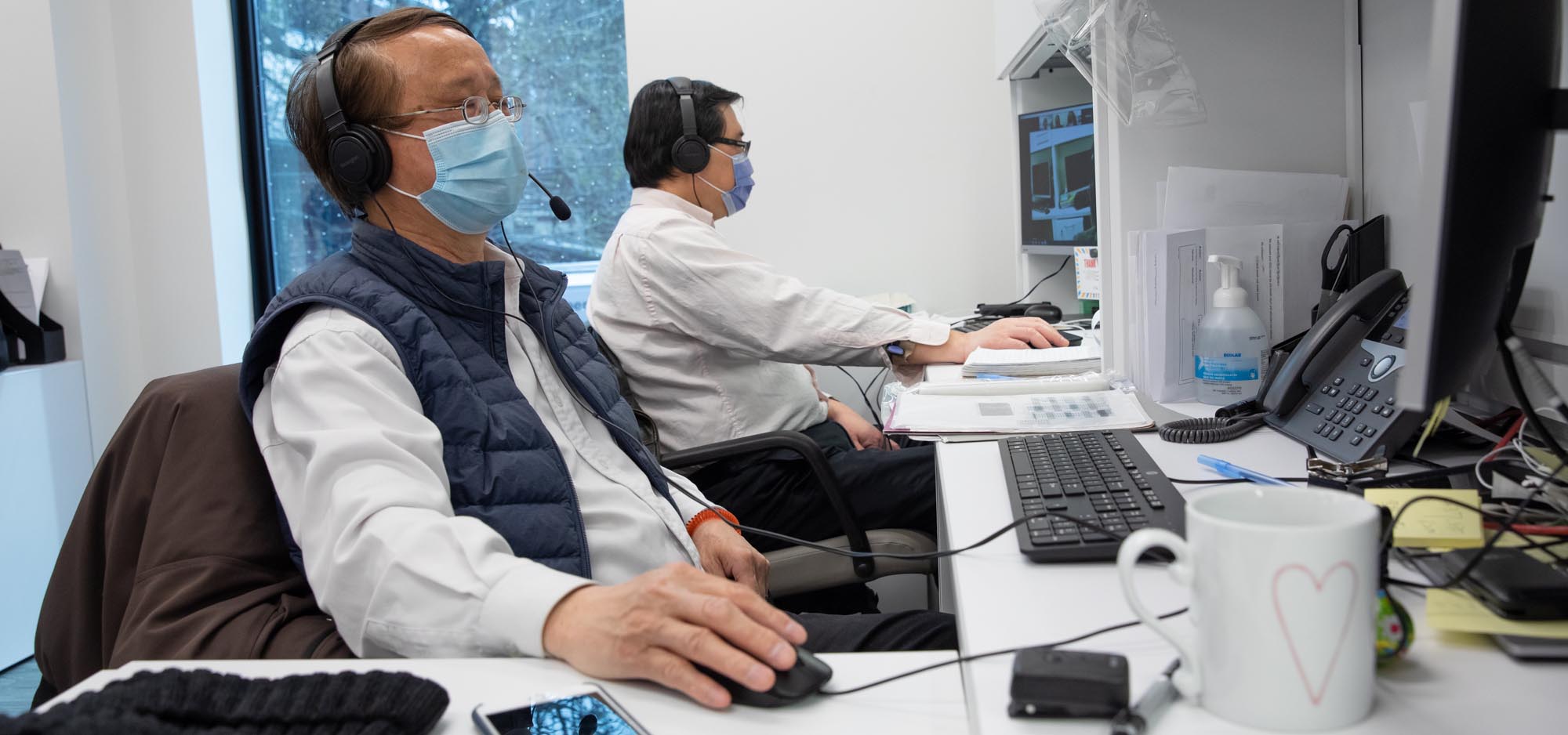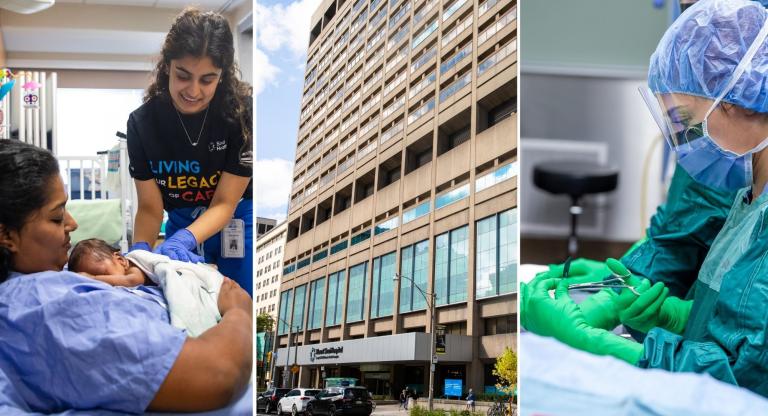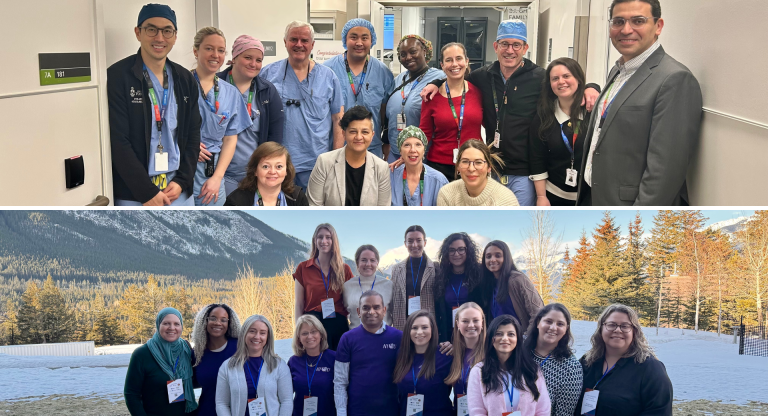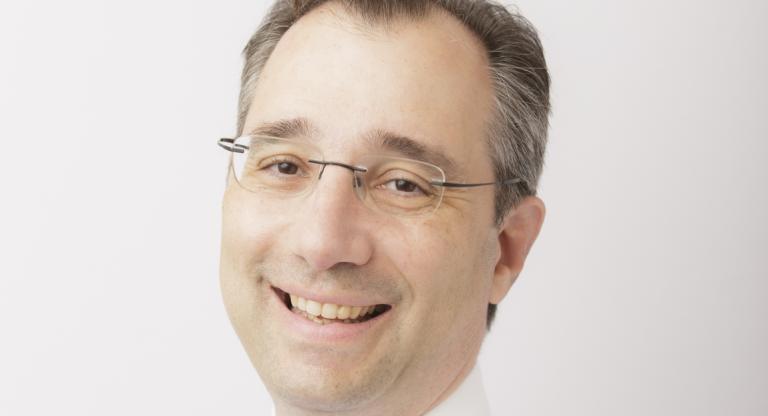Assertive Community Treatment Team helps clients stay well in the community

At the start of COVID-19 lockdown last year, Fred saw in his client in the community: “Their state of mental health was rapidly falling. There was medication non-compliance. They were becoming delusional,” he recalls. “I continued to call on the client. I still walked and talked with them to help them release stress. I monitored their medications. You build trust. Slowly, I could see medications and supports helping, and they did not need to go to the hospital.”
Fred is a mental health clinician and 20-year veteran member of Mount Sinai Hospital’s Assertive Community Treatment Team (ACTT). This team of social workers, who speak several languages, provides a unique, culturally-sensitive mental health outreach service for people with various ethno-specific backgrounds who experience severe, persistent and complex mental health challenges. They work with clients to maximize treatment participation, redevelop social skills with their families and network, and learn skills to become less dependant on hospitals and understand how to access community services.
“Our team helps keep these vulnerable individuals well, in the community. They provide them with culturally competent care, almost daily support and effective treatment. That helps clients remain out of the hospital environment,” says Sami-Beth Kuchar, Director, Department of Psychiatry, Mount Sinai Hospital.
The ACTT initiative at Mount Sinai was launched in the early 2000s, based on the well-established U.S. model of providing team-based care in the community.
More unique team
The hospital collaborated with community groups to identify larger underserved communities in the region, and built its ACT team to specifically meet the needs of these client populations.
“We are the only ethno-racial focused ACT team, providing culturally informed practice to support these individuals,” says Dr. Samuel Law, ACTT Medical Director and Psychiatrist, who collaborates with colleague and fellow Psychiatrist, Dr. Lisa Andermann and Program Manager, Wendy Chow.
“Many of the groups with mental health challenges we work with are unilingual. Without supports, they have a difficult time accessing mental health services and communicating their needs which often leads to delayed help-seeking – and then they become quite ill, necessitating treatment in hospital,” adds Dr. Law.
He explains how the team uses culturally-validated research to inform ways to engage and diagnose, such as by bridging the explanatory medical language using a symptom-based checklist and applying a more anthropological, cross-cultural approach to explore, ‘how do they understand how the illness impacts them?’
“When a patient is not well, you need a lot of patience and understanding to support them. We are in the same or similar cultures. Sometimes it’s the small details that are very significant that help you relate to what they are doing or why they are acting a certain way,” says Fred.
Support at an unprecedented time

Despite the pandemic, Fred and his fellow team members, Anna, Gesland, Heidi, Jinhee, Loi, Shankari, Tao, Trang, William, Ye and Yoki, support clients from the Chinese, Vietnamese, Tamil, and Korean communities and others of South East Asian, Aboriginal, and Black heritage. They continue to build trust and vital relationships, which is always at the heart of what they do.
The ACT team has recently moved to a new, more client-centred, multi-functional facility made possible through the generosity of the Kwong family.












